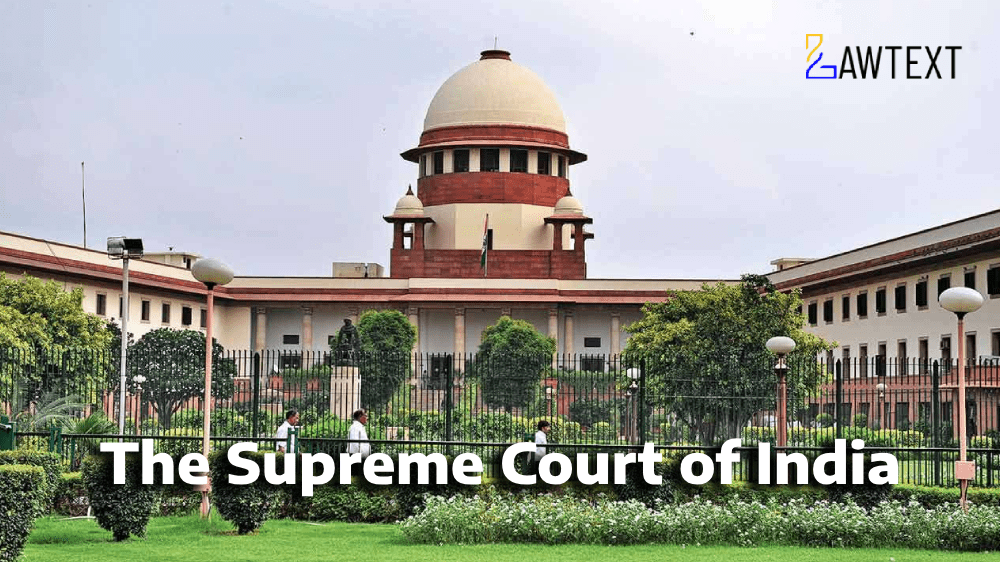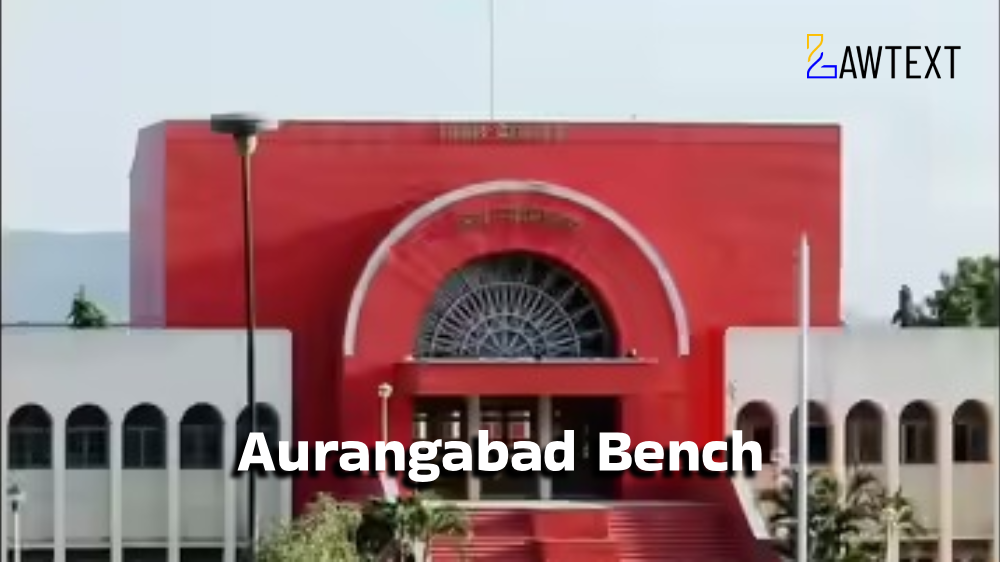Case Note & Summary
The Supreme Court overturned the Karnataka High Court's decision convicting three accused of murder. The trial court had acquitted the accused due to unreliable witness testimonies and procedural lapses. The Supreme Court reaffirmed the trial court's acquittal, emphasizing the contradictions in the prosecution's case, post-investigation FIR filing, unreliable eyewitness accounts, and improper recovery of weapons.
Acquittal Restored: The trial court's judgment of acquittal was based on reasonable doubt regarding the prosecution's evidence, including delayed FIRs and contradictory witness statements. High Court Overturned: The High Court's reversal of acquittal lacked a clear basis for challenging the trial court's plausible findings, violating principles of law. Eyewitnesses Unreliable: Testimonies of key witnesses were inconsistent and deemed untrustworthy, especially regarding the timing of the incident and presence at the crime scene. Procedural Lapses: The FIR was filed post-investigation, casting doubts on its credibility. Additionally, weapon recovery did not adhere to legal standards.Acts and Sections Discussed:
IPC Sections: Section 143 – Unlawful assembly. Section 147 – Rioting. Section 148 – Rioting with a deadly weapon. Section 506(2) – Criminal intimidation. Section 302 read with 149 – Murder in furtherance of a common intention. CrPC Section 378 – Appeal in cases of acquittal. Section 27 of the Indian Evidence Act – Admissibility of confessions leading to discoveries.Introduction of the Case (Para 1-5):
Six accused, including Babu Sahebagouda, were tried under various IPC sections for the murder of Malagounda. The trial court acquitted them, but the High Court later convicted three of the accused.Incident Summary (Para 6-7):
The complainant and his son, along with laborers, were attacked by the accused while returning from their fields. The son was brutally murdered in broad daylight.Trial Court's Findings (Para 8-14):
The trial court found contradictions in the prosecution’s witness accounts, especially the delay in filing the FIR, lack of corroborative evidence, and inconsistencies regarding weapon recovery.High Court's Conviction (Para 15-16):
The High Court, re-evaluating the evidence, convicted the accused, placing heavy reliance on the eyewitnesses, which the trial court had deemed unreliable.Supreme Court’s Examination (Para 17-31):
The Supreme Court scrutinized the High Court's reasoning and the trial court’s findings. It found the prosecution's case riddled with inconsistencies, such as procedural delays, unreliable witnesses, and improper weapon recovery processes.Eyewitness Accounts Discrepancies (Para 32-40):
Significant contradictions were highlighted in the testimonies of eyewitnesses, especially regarding the timeline and their presence at the crime scene.Procedural Flaws in FIR and Recovery (Para 41-58):
The FIR was deemed post-investigation, raising credibility concerns. The recovery of weapons was also flawed, as the procedure did not meet legal standards, and the weapons did not link conclusively to the accused.Supreme Court's Conclusion (Para 59-75):
The Supreme Court concluded that the High Court erred in overturning the trial court’s acquittal without adequate justification. The trial court’s decision was plausible, and the appeal was allowed.Ratio Decidendi:
The Supreme Court underscored that an appellate court should not overturn an acquittal unless the trial court’s judgment is perverse or unsupported by evidence. Here, the prosecution’s failure to present reliable evidence and procedural errors were decisive in maintaining the acquittal.
Subjects: Murder
#CriminalLaw #Acquittal #EyewitnessTestimony #ProceduralErrors #SupremeCourt #IPC #FI
Issue of Consideration: Babu Sahebagouda Rudragoudar And Others Versus State Of Karnataka
Premium Content
The Issue of Consideration is only available to subscribed members.
Subscribe Now to access critical case issues








